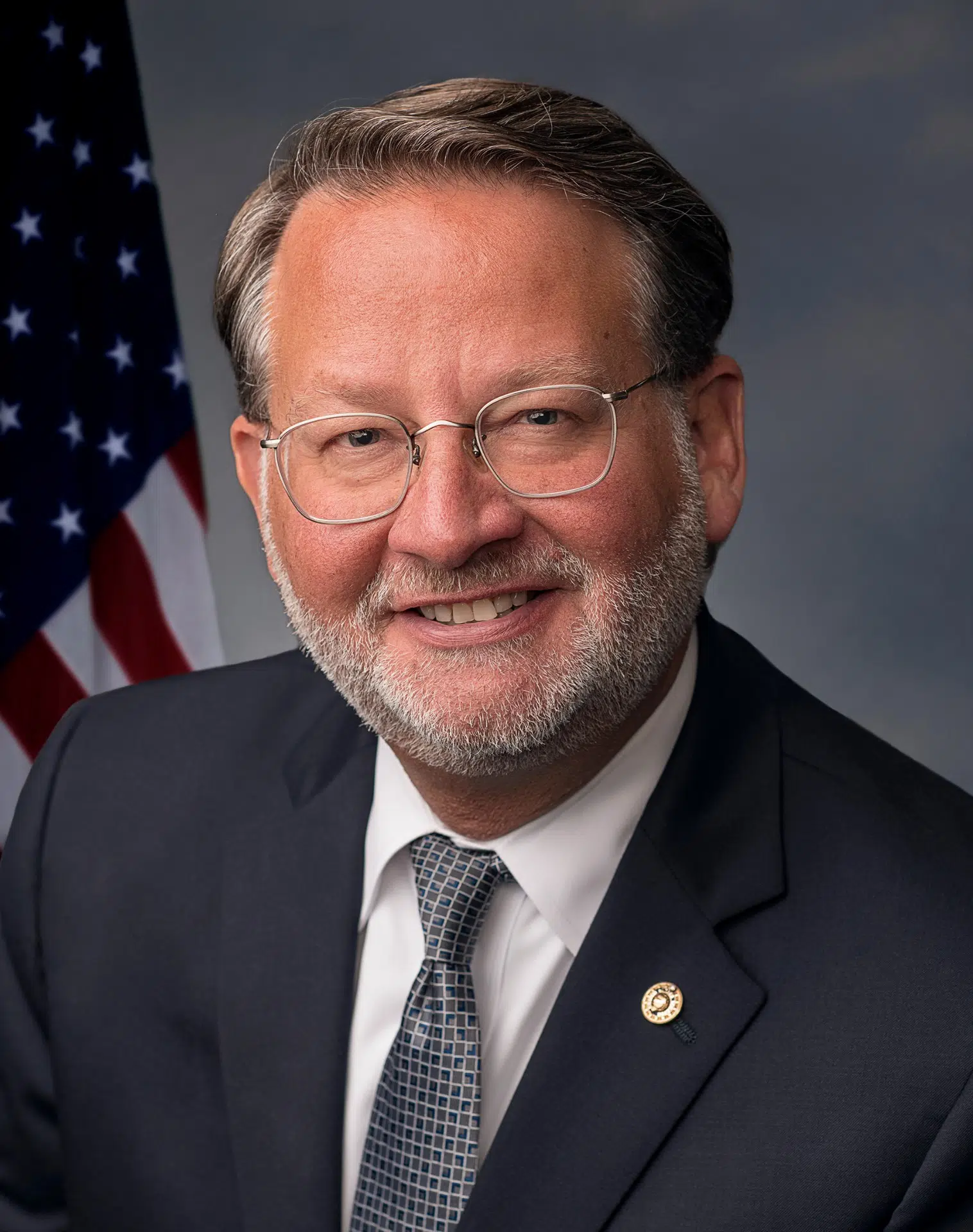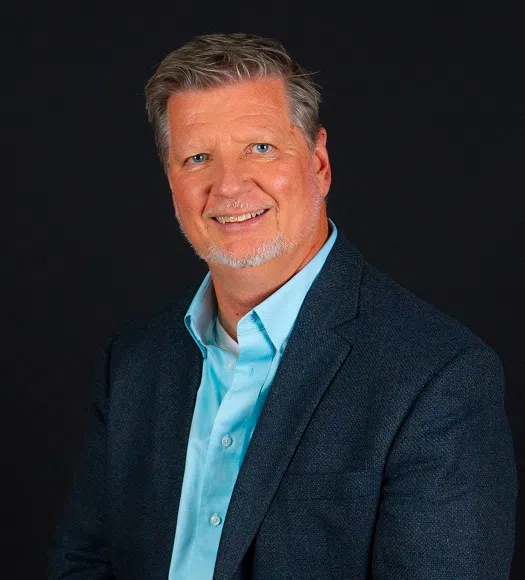WASHINGTON, D.C. (WKZO AM/FM) — U.S. Senator Gary Peters (MI) today announced that the year-end funding bill includes a provision he secured to provide $3 million for the U.S. Coast Guard National Center of Expertise (NCOE) for the Great Lakes. It passed as part of the year-end funding bill that is headed to the President’s desk to be signed into law.
The Great Lakes NCOE will examine the impacts of oil spills in freshwater environments and help develop effective responses. Current oil spill response technologies are primarily designed for saltwater environments. Peters passed legislation into law establishing the NCOE for the Great Lakes in 2018.
“An oil spill in the Great Lakes would be catastrophic for Michigan and the country. We need to be doing everything we can to prevent a disaster from happening – including assessing how we can effectively respond to any potential future spill,” Peters said in a statement. “The Center of Expertise will be vital towards protecting the Great Lakes for future generations. I’ll continue working to ensure that the Center of Expertise will be able to conduct the critical research needed to protect communities across the Great Lakes.”
Coast Guard NCOE will focus on different aspects of the Coast Guard’s marine safety mission, including liquefied natural gas transport, the outer continental shelf, towing vessels and investigations among others.
Among other issues, the Coast Guard NCOE for the Great Lakes will be responsible for:
- Identifying gaps in Great Lakes oil spill research, including providing assessments of major scientific or technological deficiencies in responses to past spills in the Great Lakes and other freshwater bodies, and seeking to fill those gaps;
- Monitoring and assessing the current state of knowledge regarding freshwater oil spill response technologies and the behavior and effects of oil spills in the Great Lakes;
- Conducting research, development, testing, and evaluation for freshwater oil spill response equipment, technologies, and techniques to mitigate and respond to oil spills in the Great Lakes;
- Helping train first responders on the federal, state and local level on the incident command structure system and response technologies and strategies; and
- Working with academic and the private sector to develop and standardize maritime oil spill response training.
In 2017, the then-Commandant of the Coast Guard told Peters at a hearing that the agency was not prepared for an oil spill in the Great Lakes, saying that more science and research was needed.
However, due to the Coronavirus pandemic, the U.S. Coast Guard was forced to delay a decision on site location and formal establishment of the NCOE. With this support, the Coast Guard will resume its plans.





